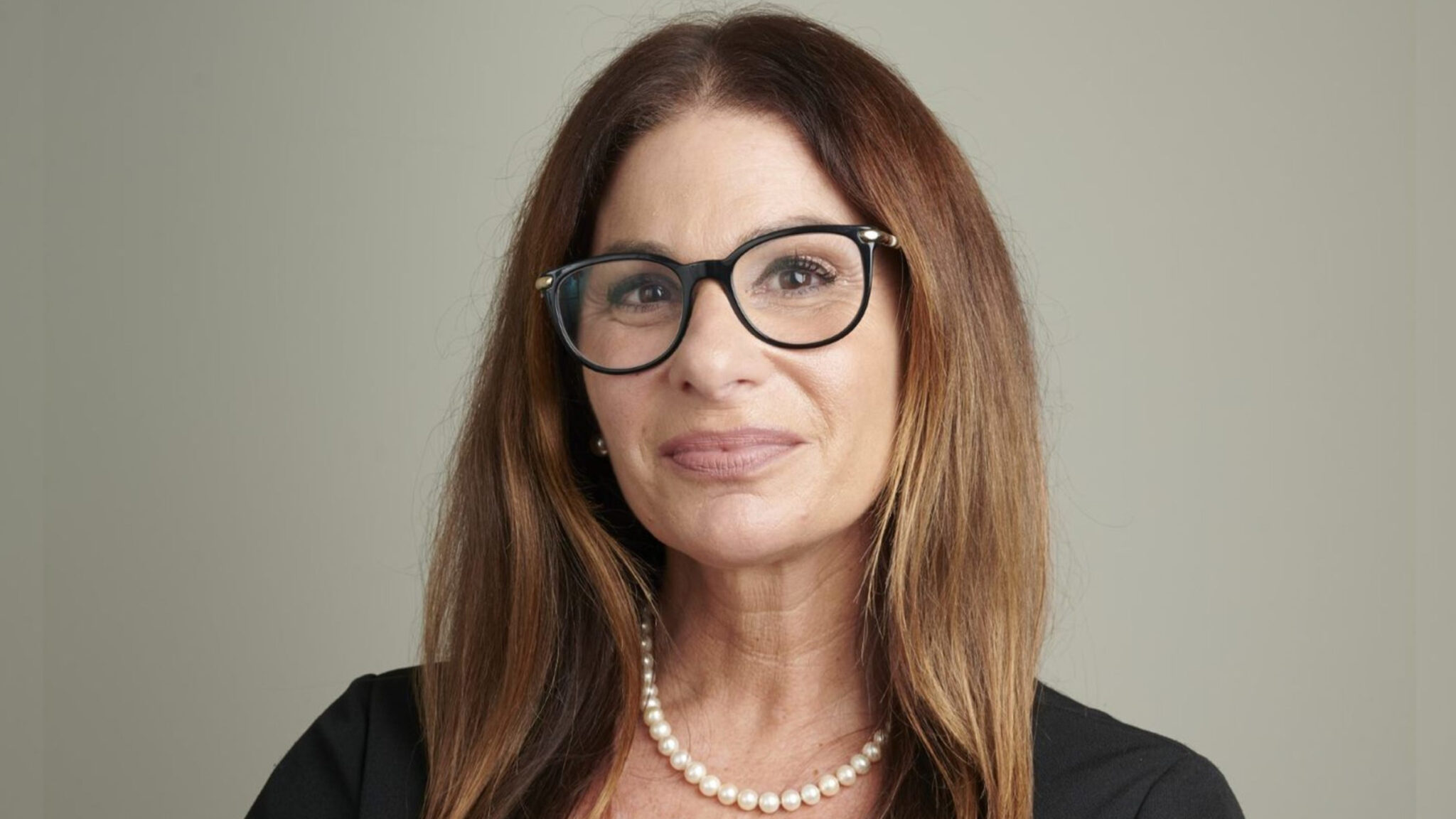
Ex-Novartis business head hops over to a gene therapy startup — and she's reeled in $80M for a dash to the clinic
Neurologist and King’s College London professor Christopher Shaw has been researching neurodegenerative diseases like ALS and collaborating with drugmakers for the last 25 years in the hopes of pushing new therapies forward. But unfortunately, none of those efforts have come anywhere close to fruition.
“So, you know, after 20 years in the game, I said, ‘Let’s try and do it ourselves,’” he told Endpoints News.
Unlock this article instantly by becoming a free subscriber.
You’ll get access to free articles each month, plus you can customize what newsletters get delivered to your inbox each week, including breaking news.